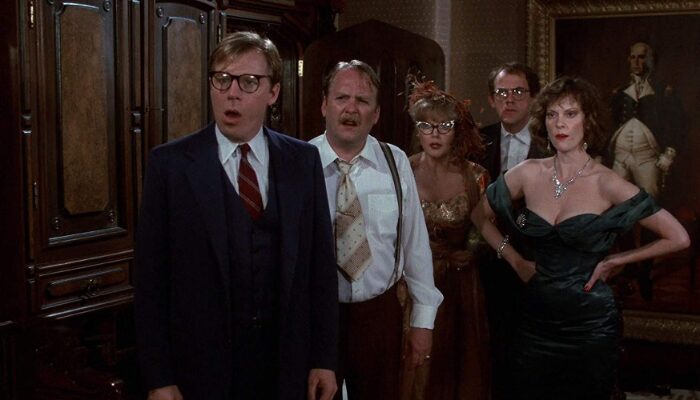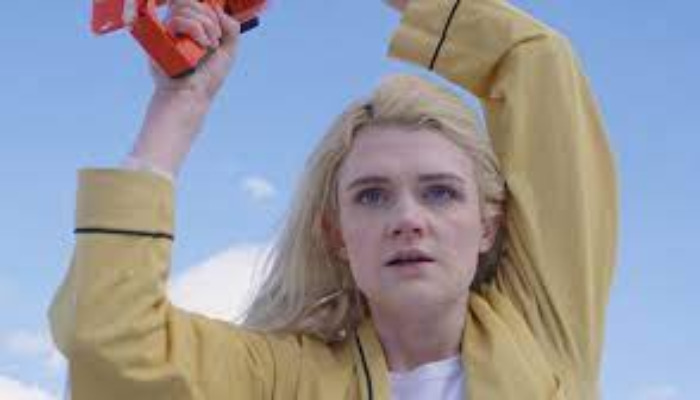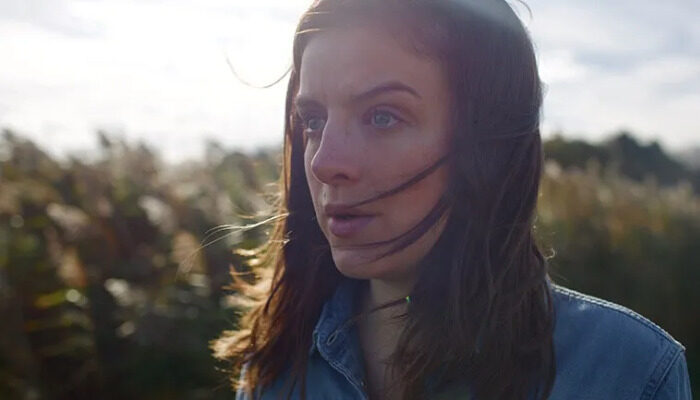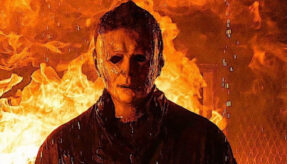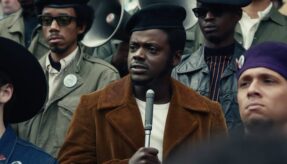Film Review: RAVAGE (2019): A Bare-Bones Revenge Thriller That Succumbs to Its Own Emptiness
Ravage Review
Ravage (2019) Film Review, a movie directed by Teddy Grennan, and starring Annabelle Dexter-Jones, Robert Longstreet, Bruce Dern, Michael Weaver, Ross Partridge, Chris Pinkalla, Eric Nelsen, Drake Shannon, Joshua Brady, and Bennett Krishock.
It’s not uncommon for survivalist revenge thrillers to peddle depictions of sadistic violence – hell, it’s arguably part of their very lifeblood. But the best ones keep their own moral compass from dipping into that depravity, remaining consciously just while still appealing to its audience’s extremist, escapist dark side. But when the films themselves are so bland and vacuous, such as Teddy Grennan’s directorial debut Ravage, it makes you wonder how self-serving the genre can sometimes be and if those films can become victims of themselves.
Told through the construct of a flashback as recounted to a doubtful superintendent (Michael Weaver), wildlife photographer Harper Sykes (Annabelle Dexter-Jones) describes her witnessing of a lynching in Virginia’s Watchatoomy Valley and her subsequent kidnapping by the mob’s leader, Ravener (Robert Longstreet), in order to silence her. Harper manages to escape after a brutal assault and subsequently leads the mob on a wild chase throughout the valley, seeking out violent retribution however she can. But she soon learns that she can’t survive in the strange valley forever, and if she wants to escape it with any semblance of intactness she’ll have to go toe-to-toe with Ravener once again.
There’s the undeniable rush of justice that Ravage offers up based purely in its survivalist thriller archetype (despite the gross, pointless set-up that pushes this into the rape-revenge subcategory). Having Harper pick off her captors one by one through increasingly clever and deliciously garish methods does offer that visceral adrenaline rush of righteousness that only B movies can honestly provide. What’s more, the dramatic irony of Harper utilizing the wilds of the valley – an unknown setting to her, but which her tormentors are so eager to gloat about having “tamed” – makes her mission all the more allegorically delicious.
Yet beyond that, Ravage doesn’t have much to offer except a hollow shell of genre construction. Grennan never allows Harper any interiority beyond her photography profession, which makes the spark of inspiration for her revenge – the kidnapping, violent assault, and rape – feel all the more tired, clichéd, and (in regard to filmmaking as a media institution) even borderline sexist. The film’s politics seem like a last-minute addition, too, acting more like the skin grafted onto a skeletal structure of exploitation cinema rather than forming the thematic muscle that actually holds it together. A chance for the violent preservation of heritage to be given a layer of moral messiness via corporate America’s disregard for the working class is plastered on as an afterthought rather than an integral portion of Ravage’s central thesis.
In that way Ravage begs to be read as just a sleek and straightforward narrative with nary a cogent theme, which isn’t inherently bad … but even there the film falls short, as Grennan doesn’t supplant that simplicity with any inkling of style. Admittedly there are a couple of creative set-pieces wherein Harper traps her captors in surprisingly gory fashion, but there’s hardly any flair to them (or the film on the whole) to make them play as anything but perfunctory. The oddly dissonant editing and bland cinematography slide in as barely competent, and the boisterous musical cues are both too obvious and too frequent (which is a shame, because sometimes Jacques Brautbar’s score is really quite good).
This sense of emptiness, both thematically and stylistically, only accentuates the crass sense of cruelty in Ravage’s violent set-up. It conjures up cynicism that isn’t wholly distasteful (particularly with that shocker of an ending), but neither is it wholly earned. In the end the film feels like an excuse to revel in torture and trauma in a way that’s neither fun nor enlightening, which is less a frustration and more so a bummer. Add to the fact that all of the performers seem misdirected and/or underutilized (Dern’s three minutes of screen time suggest the filmmakers had him for half a day and just said “Go wild, Bruce”) and the disappointment only grows.
Ultimately, Ravage is an excuse for these amateur filmmakers to cut their teeth with genre fare, but it exposes their understanding of the medium as nothing beyond surface-level pastiche. The seeds for sociopolitical quandaries and fun flourishes are there but they remain unsowed, leaving barren cinematic acreage in its wake. It’d be wise to take the detours around this valley and avoid it altogether.
Rating: 4/10
Leave your thoughts on this Ravage review and the film below in the comments section. Readers seeking to support this type of content can visit our Patreon Page and become one of FilmBook’s patrons. Readers seeking more film reviews can visit our Movie Review Page and our Movie Review Pinterest Page. Want up-to-the-minute notifications? FilmBook staff members publish articles by Email, Twitter, Instagram, Tumblr, Pinterest, and Flipboard.
Related Articles
FilmBook's Newsletter
Subscribe to FilmBook’s Daily Newsletter for the latest news!






